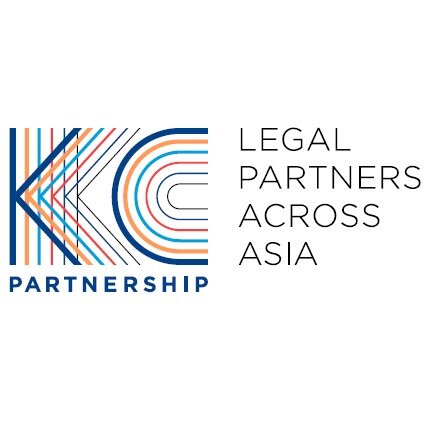Best Trusts Lawyers in Harbourfront
Share your needs with us, get contacted by law firms.
Free. Takes 2 min.
List of the best lawyers in Harbourfront, Singapore
Singapore Trusts Legal Questions answered by Lawyers
Browse our 1 legal question about Trusts in Singapore and read the lawyer answers, or ask your own questions for free.
- deed poll
- Hi, can I check what is your quote for the deed poll for a change of name?
-
Lawyer answer by Bhavini S Law Practice
Hello. Our charges for Deed Poll is SGD 70.00.
Read full answer
About Trusts Law in Harbourfront, Singapore
Trust law in Harbourfront, Singapore, involves the creation of a legal entity that holds assets for the benefit of certain individuals or organisations, guided by the terms outlined in a trust deed. Trusts commonly serve as a major form of asset management, providing a legal framework that assures assets are used properly according to the expressed intentions of the asset owner.
Why You May Need a Lawyer
Understanding the legal framework that governs trusts in Harbourfront, Singapore can be incredibly complex. You may need the assistance of a lawyer if you're setting up a trust, managing the distribution of a trust’s assets, dealing with trust disputes, or ensuring compliance with trust law. If there has been any form of misconduct or disputes, a lawyer can guide you through the necessary steps to protect your rights.
Local Laws Overview
In Harbourfront, Singapore, trust laws stem from the Trustees Act and the Trust Companies Act. These acts cover the appointment, responsibilities, powers, and obligations of trustees, as well as the workings of trust companies. These laws ensure that trustees or trust companies act in the best interest of beneficiaries and protect the integrity of the trust assets.
Frequently Asked Questions
1. What is the role of a trustee?
A trustee manages the property under trust according to the terms of the trust deed, acting in the best interests of the beneficiaries. This could involve managing investments, distributing income, or even determining when beneficiaries receive their entitlements.
2. What kinds of trusts are there?
Common types of trusts in Harbourfront, Singapore include family trusts, charitable trusts, business trusts, and testamentary trusts (which are created upon the death of an individual).
3. How is a trust established?
Creating a trust involves preparing a trust deed, appointing trustees, and transferring assets to the trust. This process can be complex and usually requires the involvement of a lawyer.
4. Can a trust be contested?
Yes, a trust can be contested under certain conditions such as mental incompetence of the settlor, or undue influence. Legal guidance should be sought in such cases.
5. How is a trust dissolved?
A trust can be dissolved once its purpose has been fulfilled or if it becomes impossible to carry out the trust's purpose. The dissolution of a trust should be conducted in accordance with its terms and trust law.
Additional Resources
The Ministry of Law in Singapore offers resources on its website, detailing the various laws regarding trusts. The Singapore Academy of Law, the Insolvency, Public Trustee and Marshal Division (IPTM), and the Council for Estate Agencies (CEA) also provide resources relating to trust law.
Next Steps
If you require legal advice on trusts, it is recommended to engage a lawyer versed in trusts law. It's important to clearly understand your expectations and requirements, prepare all necessary information and closely consult with your lawyer to address your needs related to trusts. Legal services in Harbourfront, Singapore generally provide an initial consultation where you can discuss your needs and understand the potential costs involved.
Lawzana helps you find the best lawyers and law firms in Harbourfront through a curated and pre-screened list of qualified legal professionals. Our platform offers rankings and detailed profiles of attorneys and law firms, allowing you to compare based on practice areas, including Trusts, experience, and client feedback.
Each profile includes a description of the firm's areas of practice, client reviews, team members and partners, year of establishment, spoken languages, office locations, contact information, social media presence, and any published articles or resources. Most firms on our platform speak English and are experienced in both local and international legal matters.
Get a quote from top-rated law firms in Harbourfront, Singapore — quickly, securely, and without unnecessary hassle.
Disclaimer:
The information provided on this page is for general informational purposes only and does not constitute legal advice. While we strive to ensure the accuracy and relevance of the content, legal information may change over time, and interpretations of the law can vary. You should always consult with a qualified legal professional for advice specific to your situation.
We disclaim all liability for actions taken or not taken based on the content of this page. If you believe any information is incorrect or outdated, please contact us, and we will review and update it where appropriate.








